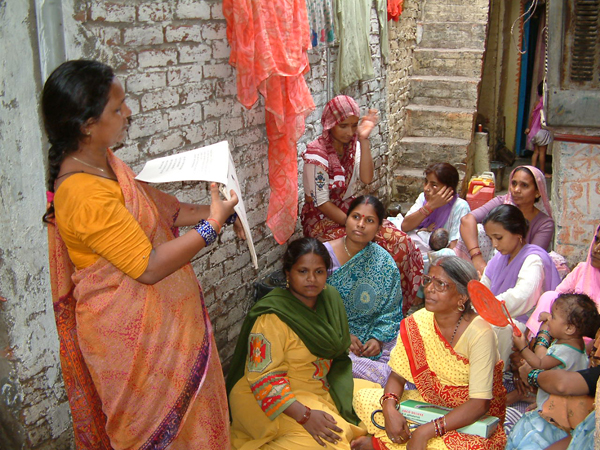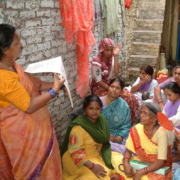Family planning – ‘summit of a mess’
 Last week’s London Family Planning Summit was, on the surface, a ‘successful’ follow up to the 2012 Family Planning Summit, which aimed to increase access to contraception for 120 million women. US$2.5 billion was pledged by governments and other donors to ‘improve and expand the reach of reproductive health services to women and girls in developing countries’. The UK’s own Department for International Development (DFID) pledged £45 million to this fund.
Last week’s London Family Planning Summit was, on the surface, a ‘successful’ follow up to the 2012 Family Planning Summit, which aimed to increase access to contraception for 120 million women. US$2.5 billion was pledged by governments and other donors to ‘improve and expand the reach of reproductive health services to women and girls in developing countries’. The UK’s own Department for International Development (DFID) pledged £45 million to this fund.
In part, the need to commit extra funding has been driven by the US administration’s resumption of the so-called Mexico City Protocol that denies funding to any family planning organisation that offers or promotes abortion as a family planning strategy. This means that UNFPA and other groups could lose up to 47% of their funding. The Swedish Government has swung the other way and is refusing to fund any agency that doesn’t promote abortion!
The Gates Foundation has been at the heart of both summits. In an attempt to steer a low controversy, middle ground, Melinda Gates has maintained throughout that family planning does not include abortion, and that indeed, increasing access to contraception decreases the need for, and thus the incidence of, abortion.
Anne Furedi, coming from a strongly pro-abortion position, argues that this is nonsense – just look at the UK’s 200,000 abortions a year, despite high access to free contraception she argues. Contraceptives fail, women make other choices, and so abortion will always be part of the mix.
The Summit promoted the idea that family planning is vital to economic development. Reduction of family size is linked with increased prosperity, they argue. However, the evidence seems to show that it is the increased prosperity that leads to reduced family size – not the other way around.
It’s all a bit messy really, especially as the Gates Foundation’s partners in the summit include UNFPA and Marie Stopes International, who are very much for abortion as part of their reproductive health strategy. And there is quite a troubling legacy in the history of many of these organisations with which many developing countries live to this day.
But abortion is not the only issue that will give Christian organisations pause for thought. While there are a spectrum of beliefs and approaches to helping families in developing countries plan and space the births of their children, all Christian groups unite around some core values. Firstly, that human life is sacred, from womb to tomb. That human sexuality is gift from God and is best expressed in marriage (one woman, one man, for life). That marriage is a core unit of family (with both biological and adopted children), and family is a core unit of society.
Around these beliefs we can work together and with other bodies. We certainly should be working with churches and church leaders to get sexual and reproductive health messages out to their congregations and communities that bring together Christian teaching and science.
Unfortunately, the community and family based focus that Christians have is at odds with the individualistic, human rights based approach of most of the family planning community. As one African commentator put it recently, this current push for family planning is another form of Western, ‘ideological colonisation’. For that reason alone, it is unlikely that much of this extra pledged funding will make its way to Christian organisations, which may be a blessing in disguise.
As we have blogged before, the population control lobby have seen reducing the size of the world’s poor populations as vital to the future development of humanity. We are seeing the legacy of this thinking now in the developed world (especially Korea and Japan), where a shrinking birth rate (and indeed, marriage and sex rate!) sees an ageing population with a rapidly dwindling working age population. Migration is mitigating that problem for Europe and America to some extent, but that also drives other social problems.
The disproportionate number of boys and young men to women, especially in China and India, also driven by the policies of the family planning community, are creating huge social problems.
Christian organisations and churches should be involved with family planning and sex education, because we have a better story to tell. That we have not told it for far too long is our failing.












Leave a Reply
Want to join the discussion?Feel free to contribute!